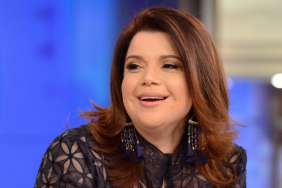“Mommy, when I die will I still be a girl?”
I wanted to explain death to her in a way that was honest, but didn’t induce anxiety in her. She has an older brother so she’s exposed to more sophisticated subjects than the average preschooler — but that doesn’t mean she has the ability to comprehend the complex stuff properly.
I made an attempt at being honest in an age-appropriate way by simply answering her question without opening the door for more on the subject.
“Yes,” I told her. “When you die, you’ll still be a girl.”
She smiled and said, “Good.” I assumed we’d leave it at that, but she had other plans.
“Will I come back?” she continued. “When I’m a girl angel will I come back to be with you? Will we always be together?”
I was officially stumped.
I felt the same way when my son, who is now 7, nosed around with morbid questions. “It must be a 3-year-old development thing,” I thought to myself while I pondered how to respond to my daughter.
Conversations about death and dying have always produced a tremendous amount of anxiety in me. Talking to my kids about death makes me think about my own mortality. I think about the sadness my own passing will bring to my kids and I, like every parent, would do anything to protect my children from heartache. It’s hard to know that someday I will cause theirs. I want my kids to know that they will always be okay. And while I’m not always going to be around, I’m going to be here for a long, long time.
And so I decided to tell the truth. “Yes,” I told my little girl. “We are always going to be together. And while my body may someday get tired and need a rest, you will always have memories of me that will live forever.” She seemed content with that answer (for now anyway). And she seemed excited to know that when I’m an angel, I’ll always look out for her. Just like I do now.








